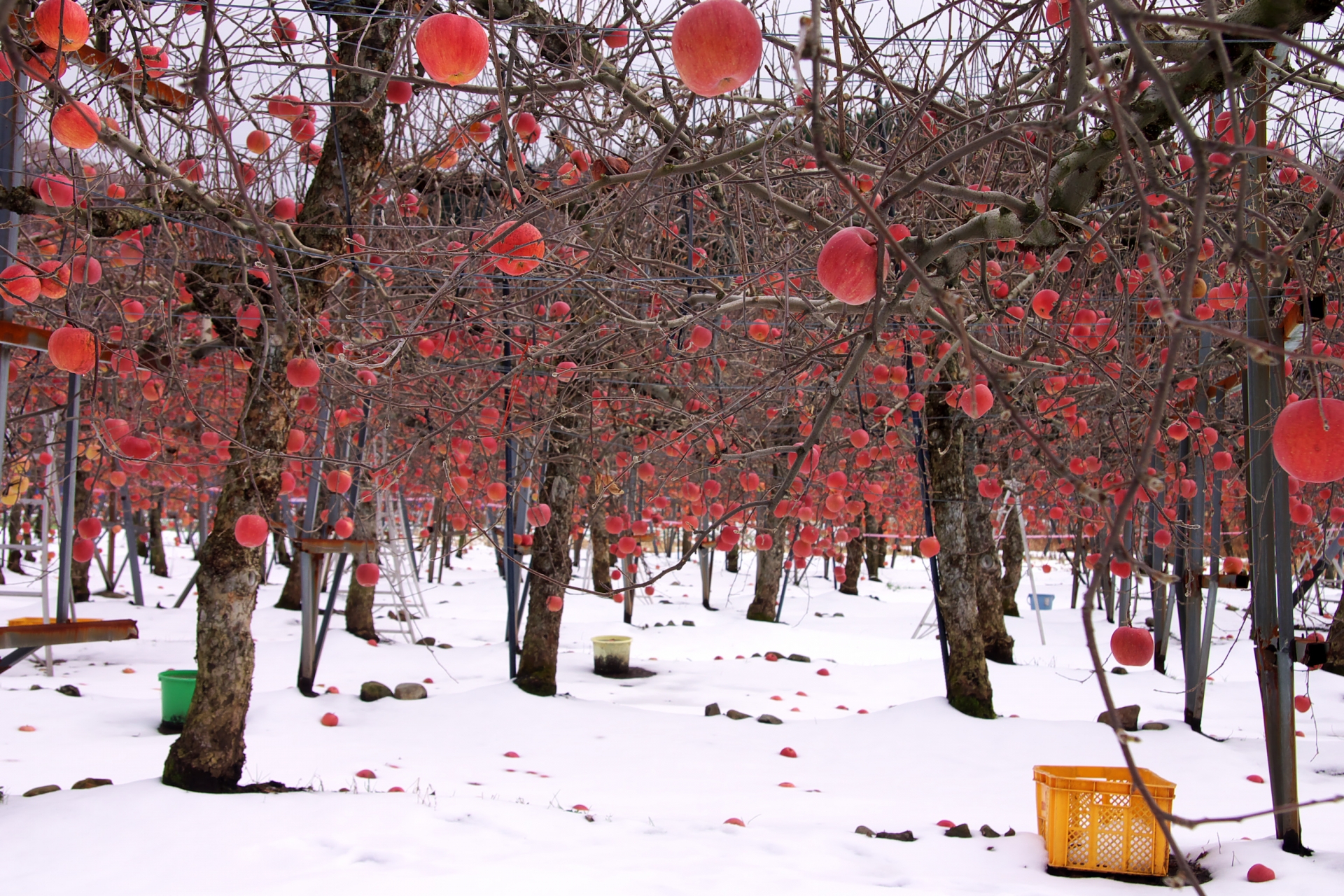Can you judge apples by appearances?
Apples are the most popular seasonal fruit in Japan in winter. You can see a lot of them piling up everywhere. My wife always goes straight to an apple stand in any supermarkets, though I don’t know whether it’s because my wife really likes them or just because they are cheap in this season. Anyway, I eat many apples in winter, apart from whether I like it or not.
Her way of selecting apples looks like some magic ritual. With a serious look on her face, checking them from every angle, mumbling something, she carefully picks out the ones she thinks best. I don’t want to deny her efforts, but I can’t see any big difference in taste between what she and I chose, to be honest.
Even careful selection is no guarantee
It is said that about 30% of agricultural output is thrown away as a non-standard product in Japan. Now the sugar level of some fruits is measured by an optical sensor. The technological advancement has resulted in increasing the amount of food waste, unfortunately.
I think this selection system would still make sense because we can have some benefit (fruits sweeter than average), but there’s no benefit in most other cases. Most of the wasted crops are selected for their appearance that is judged not to meet the standard. As I was writing above, we gain almost nothing by selection by appearance, even by the very careful one my wife makes. We can’t judge a book by its cover.
Why don’t we stop splitting hairs and enjoy our life more?
Speaking of books, some masterpiece books about social anthropology, like “Guns, Germs, and Steel” by Jared Diamond, “Homo Deus” by Yuval Noah Harari, and “Humankind” by Rutger Bregman, have recently shaken my view of human history. Due to those books, I’m not sure any more if our social progress from hunting and gathering to farming was correct or not.
Having said that, I think there’s one thing for sure. That is we humans must have been more tolerant of the diversity of commodities in the age of hunting and gathering when we bartered natural blessings. Mind you, this is not a big talk like saying “Back to nature,” but just a small wish that more people would kindly accept furniture made of wood with natural marks, knots, strong grains, etc.

Shungo Ijima
He is travelling around the world. His passion is to explain Japan to the world, from the unique viewpoint accumulated through his career: overseas posting, MBA holder, former official of the Ministry of Finance.

